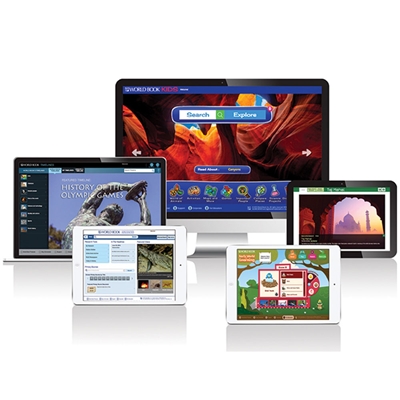Portuguese artist Salvador Sobral performs the Eurovision-winning ballad, “Amar Pelos Dois,” at the Internatinal Exhibition Centre in Kiev, Ukraine, on May 13, 2017. Credit: © Review News/Shutterstock
On Saturday, May 13, Portugal’s Salvador Sobral won the Eurovision Song Contest with the song, “Amar Pelos Dois” (Love for Both of Us). The Portuguese-language ballad was written by Sobral’s sister, Luisa. Sobral is the first Portuguese artist to win the the hugely popular European contest. Held every year since 1956, Eurovision is the world’s largest and longest-running annual television song competition. This year’s contest took place at the International Exhibition Centre in Kiev, Ukraine. Each year’s winning nation hosts the following year’s contest. In 2016, Ukrainian singer Jamala won Eurovision with her song, “1944.”
Long before “American Idol,” “The Voice,” “The X Factor,” or even “Star Search,” there was Eurovision. The show began as the “Eurovision Grand Prix” in 1956 and became the “Eurovision Song Contest” in 1968. Each year, primarily European countries submit one entry—one artist with one new and original song—to the Eurovision contest. Despite the great variety of nations participating, most songs are in English. The songs are each performed live—often with elaborate stage shows—and votes from the television audience are combined with those of a professional international jury to gradually narrow the competition to the “Grand Final” round. The final songs are then performed and voting determines the overall winner, who performs again and receives the “glass microphone” trophy. This year’s competition began with 42 national entries; 26 took part in the Grand Final.
More than 50 nations have participated in Eurovision. All active members of the European Broadcasting Union (EBU) can take part in the contest. The EBU is a professional association of national broadcasters that negotiates and advocates on behalf of public broadcasters in Europe. The EBU also includes numerous non-European nations. It operates the Eurovision network, the world’s largest provider of international sports and news broadcasts.
Swedish group ABBA’s superstardom began with the 1974 Eurovision contest, and the show kick-started the career of French-Canadian star Céline Dion (singing for Switzerland) in 1988. Other Eurovision winners have included French singer France Gall (1965) and the British group Katrina and the Waves (1987). In 1958, Italy’s Domenico Modugno placed third at Eurovision with his song, “Nel Blu Di Pinto Di Blu,” better known as “Volare” (made famous by American singer Dean Martin). In 1994, Eurovision first presented the Irish dance production Riverdance to international audiences. Ireland has won Eurovision seven times, more than any other country.
Untitled Document Can't view the linked articles? Subscribe to World Book Online

World Book Online delivers a progressive sequence of core databases supported by supplemental
tools, such as language translation, graphic organizers, and unique Webquests. Moving from
Early World of Learning to World Book Advanced, World Book Online aligns end-users with their
appropriate learning levels. Each stand-alone site provides additional features to support the
needs of users’ specific capabilities.
The World Book Difference
World Book combines cutting-edge technology with traditional editorial excellence to produce
authoritative, trustworthy, and unbiased content. The digital content is updated in real time and
carefully curated for each learning level. Accessible 24/7, the content is available on a variety of devices.
World Book Online combines 21st-century instructional techniques with timely information.
By breaking down complex topics and using easily understandable text, World Book Online helps to
build fluency and increase comprehension. Featuring single sign-on capability, these sites are paired
with highly visual content to engage even the most reluctant reader. Our collection of resources kindles
a lifelong learning experience for every user. This adherence to clarity, currency, and accuracy makes
World Book’s digital offerings an information hub for the classroom, library, and beyond.
|